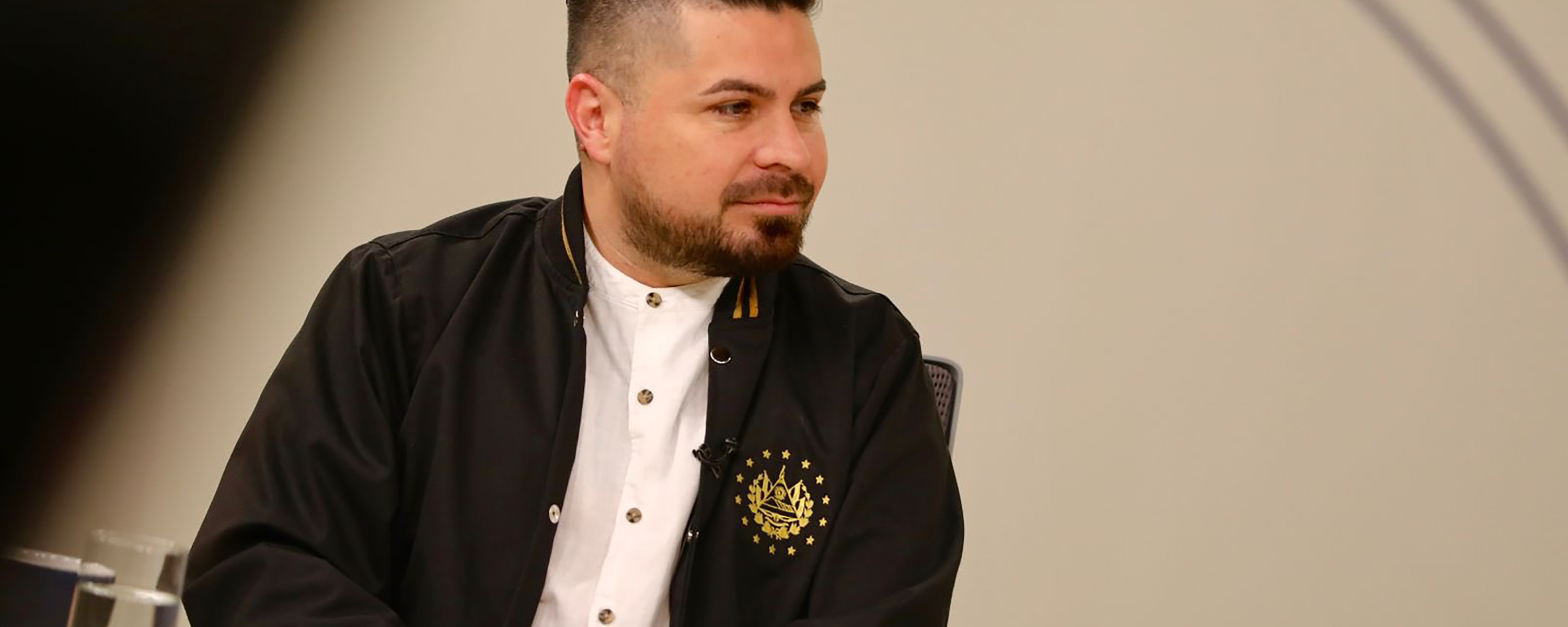In an audio recording published by El Faro on Tuesday, senior Bukele administration official Carlos Marroquín told the Mara Salvatrucha during the record homicide crisis in March that he personally took leader Helmer Canales Rivera, alias “Crook,” out of prison and across state lines as negotiations between the gang and government frayed.
“I pulled Viejo out from inside, brother, as a way of helping all you guys and to show you my loyalty and trustworthiness,” he told MS-13 in a phone call. Two members of MS-13 confirmed to El Faro that “El Viejo” is another alias for Canales Rivera. “I personally went to get him and took him to Guatemala, so…I don’t know why you trust other people, brother, if everyone else here wants this to fall apart and no longer move forward or work.”
That means that a Salvadoran government official admitted to aiding in the transnational escape of an MS-13 leader imprisoned in 2000, sentenced in 2019 to 70 more years in prison for homicide, and facing an extradition request from the Department of Justice since July on narco-terrorism charges. His whereabouts are unknown.
Until the leak of the audios of Marroquín’s calls with MS-13, it was widely suspected, albeit not confirmed by a Salvadoran government official, that he had been cut loose. The DOJ alerted the Eastern District of New York in April that it believed four members of MS-13’s Ranfla Nacional, or senior leadership, had been released, including him. Two weeks ago the Salvadoran Supreme Court confirmed to El Faro that Crook was no longer in custody.
The government has so far ducked El Faro’s Tuesday investigation, refraining from public comment and instead highlighting the rollout of new tablets for all schoolchildren from first to third grade and a 44-nation summit in San Salvador on financial inclusion. But multiple ruling-party legislators and government advisors have responded to the exposé, offering the first preview of how the government may break its silence.
“Confirmed once again. @_elfaro_ is the gangs’ official informational wing and their communications networks continue. Welcome freedom of expression,” wrote political strategist and Bukele advisor Porfirio Chica in a tweet that he quickly deleted.
He added, in reference to international media and other organizations sharing the article: “Step two: Activate their entire network of spokespeople, with the objective of toppling the state of exception however they can.”
Set to expire May 27, ruling-party and allied legislators are calling for the second month-long extension of the state of exception and have promised to do so until all of the country’s 70,000 gang members are in prison. At this rate —on average, about 600 arrests per day, if granted the heavily-disputed government assertion that all are gang members— that would take at least until the end of July.

